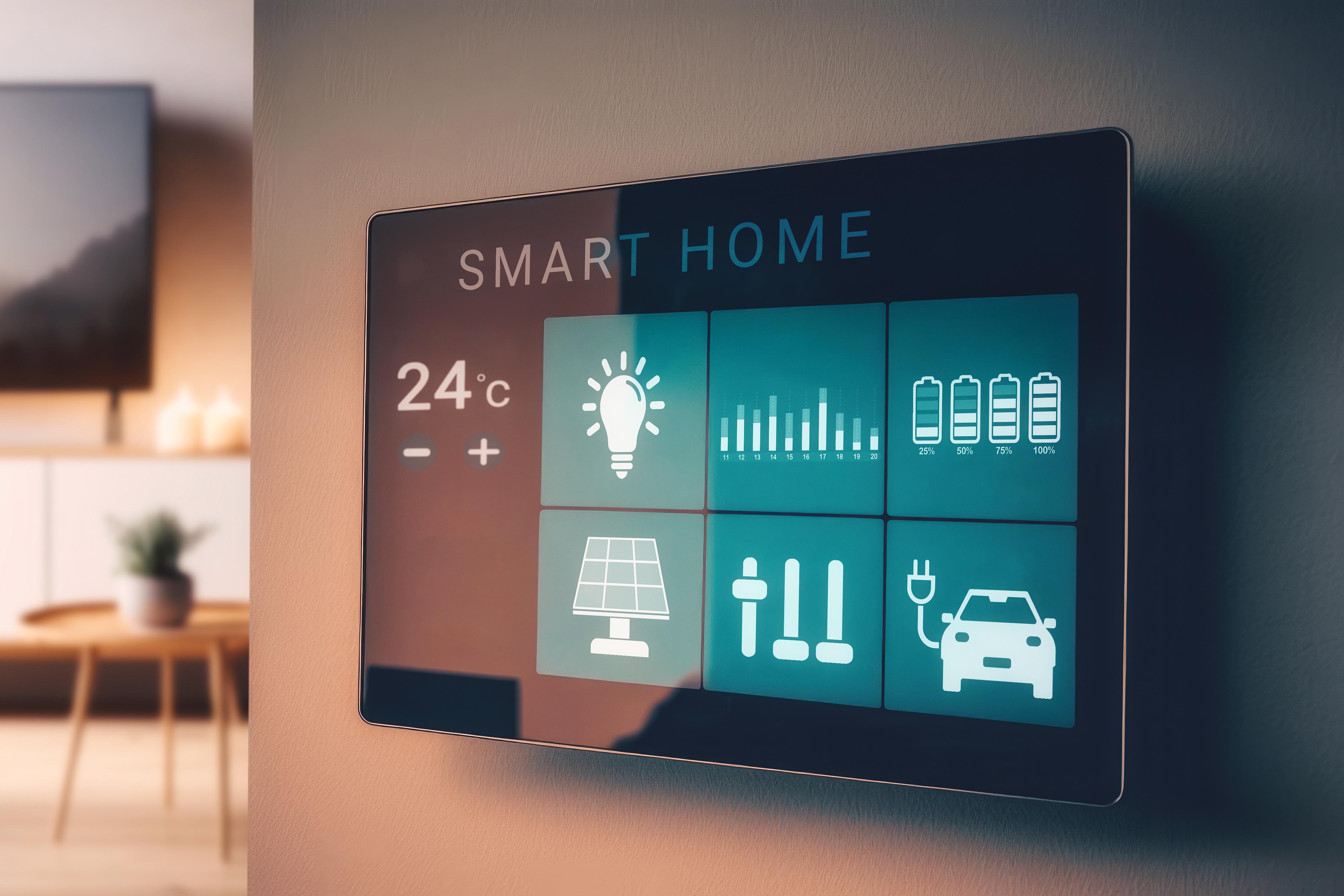How are smart home devices transforming our lives amid their increasing popularity?
Published: 6.9.2023
The emergence of smart home devices has become one of the most notable technological trends of the 21st century. These devices are connected to the internet and can be controlled through voice commands or mobile apps, and they are increasingly becoming commonplace in households worldwide. The popularity of smart home devices stems from various factors. Firstly, they provide numerous conveniences that simplify our lives. For instance, smart thermostats can be programmed to automatically adjust the temperature when we're away, leading to energy savings and reduced utility bills. Smart locks enable remote locking and unlocking of doors, eliminating concerns about forgetting keys. Moreover, smart speakers allow voice control of lights, thermostats, and other devices, freeing up our hands for other tasks.

Beyond convenience, smart home devices also offer enhanced security and safety benefits. For instance, smart security cameras enable remote monitoring of homes, alerting us to potential break-ins or issues. Smart doorbells provide visual access to visitors without the need to physically approach the door. Additionally, smart smoke detectors send notifications to our smartphones in the event of a fire, facilitating prompt evacuation.
However, there are potential downsides to using smart home devices. They can be costly to purchase and install, and there is a risk of vulnerability to hacking, potentially granting unauthorized access to personal information or control over devices.
Overall, the rise of smart home devices represents a positive trend that has the potential to improve our lives by enhancing convenience, safety, and efficiency. Nonetheless, it is important to be aware of the potential drawbacks before deciding to adopt these devices. Here are some ways in which smart home devices are revolutionizing our lives:
Enhancing energy efficiency: Smart thermostats and light bulbs can be programmed to adjust settings based on our usage patterns, leading to energy and cost savings.
Improving home security: Smart security cameras and doorbells enable remote monitoring, while smart locks simplify access control without physical keys.
Enhancing convenience: Voice-controlled smart speakers and remote-controlled smart locks make it easier to manage and operate devices within our homes.
Personalizing our living spaces: Smart home devices can be customized to respond to our individual preferences, such as adjusting the thermostat to our preferred temperature upon arrival or setting mood-specific lighting.
While the rise of smart home devices is still in its early stages, it is evident that they have the potential to significantly transform our lifestyles. As technology continues to advance, we can expect further innovations that make our lives easier, safer, and more convenient through smart home devices.
Smart home devices have emerged as a significant technological trend in the 21st century. They provide convenience, security, and personalization to homeowners. These devices are connected to the internet and can be controlled by voice or mobile apps. They offer energy efficiency by adjusting settings based on usage patterns. Additionally, they enhance home security through remote monitoring, smart locks, and doorbells. Smart home devices also provide convenience by enabling voice control and remote access. They can be personalized to suit individual preferences. However, potential drawbacks include high costs and vulnerability to hacking. Overall, smart home devices have the potential to significantly improve our lives but should be adopted with awareness of their limitations.


.png)

